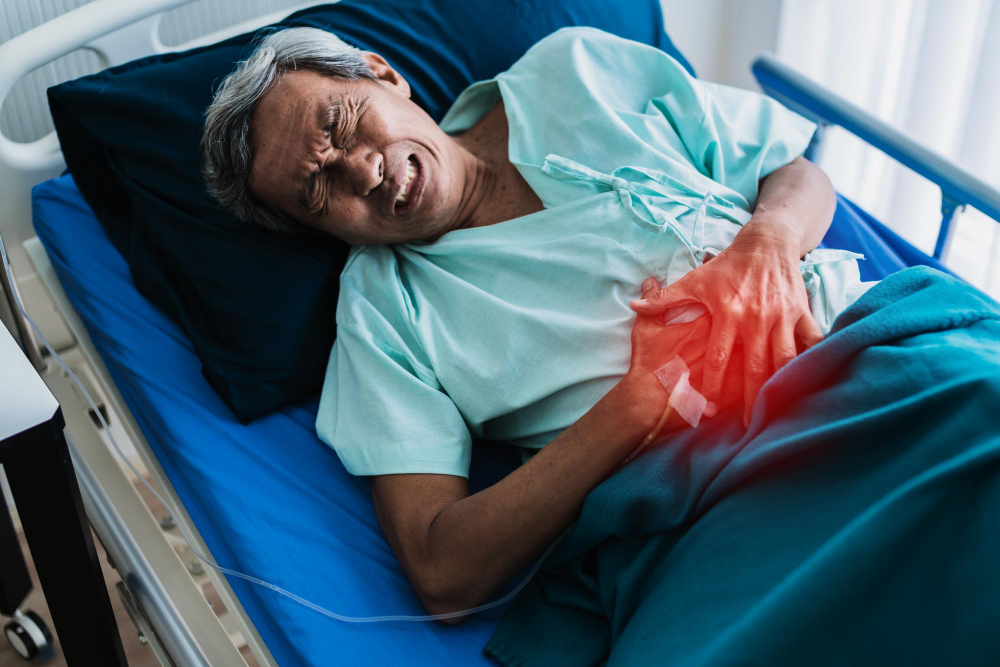What is Cholecystitis?
Cholecystitis is the medical term for inflammation of the gallbladder. The gallbladder is a small organ under your liver. It stores bile, which helps digest fat. When cholecystitis happens, the gallbladder becomes swollen and painful. Often, this condition is caused by gallstones blocking the bile duct. However, other reasons can also lead to gallbladder inflammation. Cholecystitis can be sudden (acute) or last a long time (chronic). Early treatment is important to avoid serious problems.
Causes of Cholecystitis
Many things can cause cholecystitis. Most often, gallstones are the main reason. These stones can block the flow of bile. As a result, the gallbladder gets irritated and inflamed. But, there are other causes too.
Sometimes, no clear cause is found. Still, gallstones remain the most common reason for cholecystitis.
Common Symptoms
Cholecystitis symptoms can appear quickly. Usually, pain is the first sign. But, other symptoms may also develop. Knowing these signs helps you seek care early.
Sometimes, the pain gets worse after eating fatty foods. If you notice these symptoms, it is important to get medical help soon.
How Cholecystitis is Diagnosed
Doctors use several steps to diagnose cholecystitis. First, they ask about your symptoms and health history. Next, they do a physical exam. Often, they press on your belly to check for pain. But, tests are also needed to confirm the diagnosis.
With these tests, doctors can find out if you have cholecystitis and decide on the best treatment.
Treatment Options
Treatment for cholecystitis depends on how severe it is. Early care can prevent problems. Usually, doctors start with simple steps. But, sometimes surgery is needed.
Most people recover well after treatment. However, quick care lowers the risk of serious issues.
Prevention Tips
While you cannot always prevent cholecystitis, some steps can lower your risk. Healthy habits help keep your gallbladder working well.
By following these tips, you can help prevent gallstones and reduce your chance of gallbladder inflammation.
When to See a Doctor
Sometimes, cholecystitis can become serious — knowing when to seek help is crucial.
If you experience sudden, severe abdominal pain, don’t wait. Consult a doctor immediately if you notice:
Early treatment can prevent complications such as infection or a ruptured gallbladder.
Your health matters — visit Revive Mult speciality Hospital for expert diagnosis and personalised gallbladder care.


